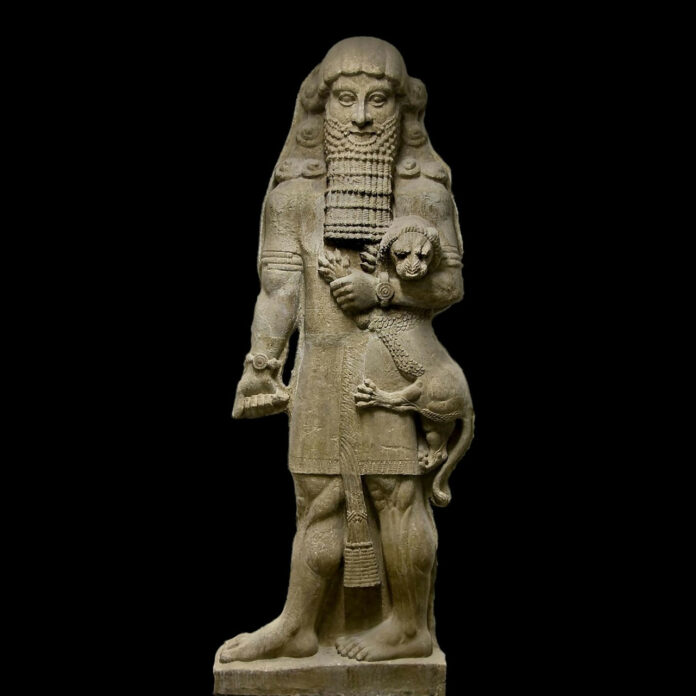A Restless Soul in Search of Meaning
In the ancient city of Uruk, located along the Euphrates River, a mighty and wise king named Gilgamesh ruled. Known to be two-thirds divine and one-third mortal, Gilgamesh was a demigod whose strength and skill were unparalleled. From an early age, his extraordinary power allowed him to defeat wild animals with a single blow and subdue lions. However, despite his god-like abilities, Gilgamesh felt an emptiness within him, yearning for something beyond mortal achievements.
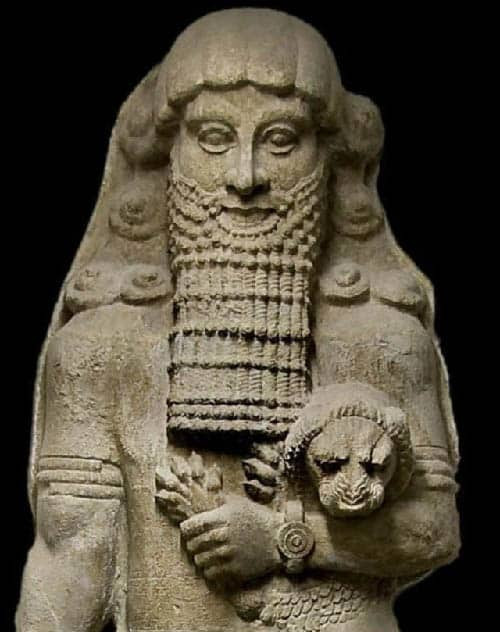
The Epic Journey
Friendship Forged in Battle
The Epic of Gilgamesh, an ancient poem believed to be over 4,000 years old, chronicles his most famous adventures. It starts with the people of Uruk growing tired of their king’s arrogance, prompting the gods to create Enkidu, a wild man of equal strength, to challenge Gilgamesh. When they met, their battle shook the earth until they collapsed in mutual respect, forming a profound friendship. Together, they embarked on heroic quests, including a journey to the Cedar Forest, where they defeated the fearsome guardian Humbaba, earning both glory and divine retribution.
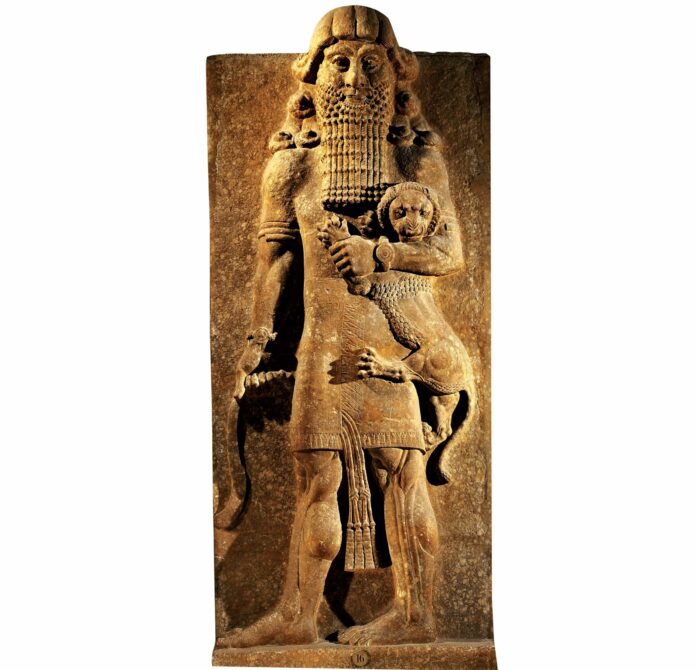
The Quest for Immortality
The gods decreed Enkidu’s death as punishment for their defiance, plunging Gilgamesh into deep sorrow and igniting a quest for immortality. Unable to accept his own mortality, he sought a way to escape death. His journey led him to Utnapishtim, the survivor of the Great Flood, who revealed that immortality was a gift granted only by the gods and beyond human reach. Understanding this, Gilgamesh returned to Uruk, accepting his mortal fate but determined to leave an enduring legacy.
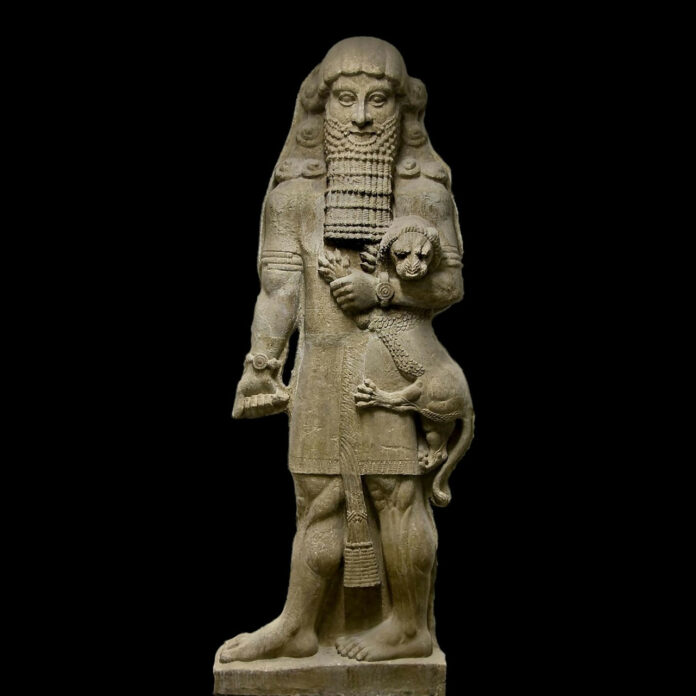
The Enduring Impact
A Lasting Legacy
Gilgamesh dedicated himself to ruling wisely, building magnificent walls around Uruk, and ensuring his people’s prosperity. In doing so, he realized that true immortality lay not in living forever but in the lasting impact of his deeds and the stories passed down about him.
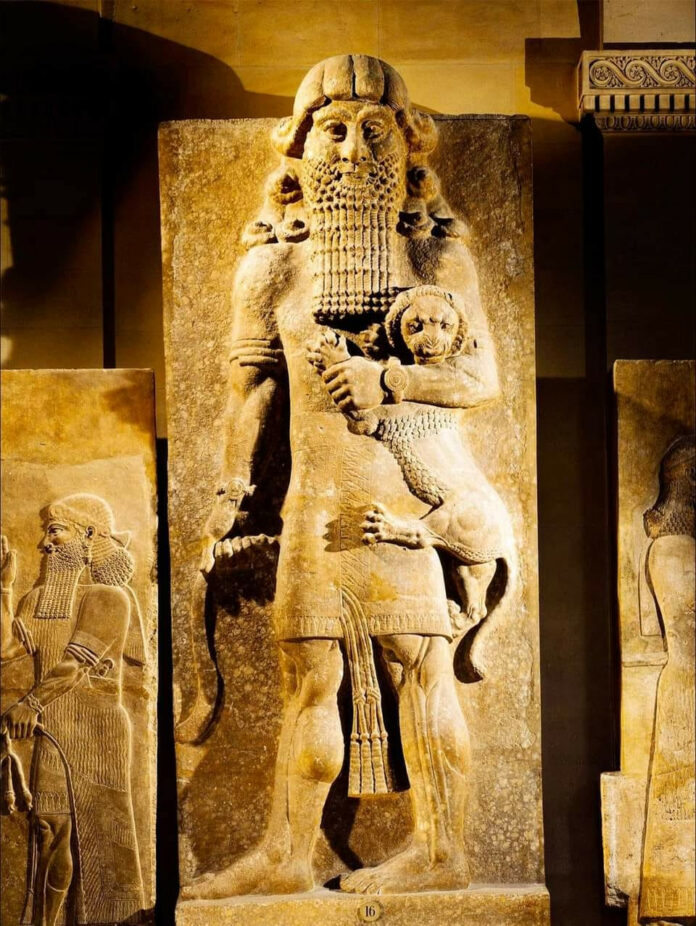
The Epic of Gilgamesh, one of the oldest known literary works, stands as a testament to the timeless quest for meaning, friendship, and acceptance of human limitations. Gilgamesh, the legendary king of Uruk, lives on through the words inscribed on clay tablets, a hero whose story continues to inspire and captivate those who hear it.



